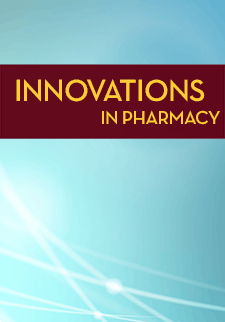An Analysis of Perceived and Actual Anticoagulant Knowledge among Independent Pharmacy Patients
Kenric Ware
South University - Columbia
Marty Faile
Sarasota Memorial Healthcare System
Carrie Lynch
Hawthorne Pharmacy
DOI: https://doi.org/10.24926/iip.v11i4.3421
Abstract
Background: Deficits in knowledge of parameters surrounding anticoagulant therapy administration carry substantial risks for patient harm. Patients prescribed anticoagulants may overestimate their knowledge of anticoagulant use principles. The purpose of this study was to analyze independent pharmacy patients’ perceived versus actual knowledge of their anticoagulation therapies.
Methods: A 15-item survey across a dual-site pharmacy location evaluated patients’ confidence in their understanding of anticoagulant prescribing parameters and their awareness of measures to take to safeguard anticoagulant therapy routines. A pharmacist reviewed patient responses to survey items referencing actual understanding of anticoagulant therapies at the conclusion of the survey. Data analyses occurred by gender, age, ethnicity, location, living situation, self-management of anticoagulants, patient perception of anticoagulant safety, and reported receipt of anticoagulant education. Linear regressions were used for statistical analyses, with significance set at p<.05.
Results: During the span of three months, 45 patients, 20 females and 25 males, completed the survey. Perceived anticoagulant knowledge did not differ significantly by demographics. Actual anticoagulant knowledge declined by over 20% between age groups 60-69 and 80-89 years old. African Americans displayed 10% lower actual anticoagulant knowledge than Caucasian Americans.
Conclusions: This study revealed gaps in knowledge of anticoagulants among patients at an independent pharmacy. An appeal remains for more strategies to assist with knowledge of anticoagulant regimens. Healthcare institutions should continue to incorporate programs geared towards ongoing anticoagulant education, such as question and answer sessions, along with peer support mediums that foster optimal outcomes.
Article Type: Original Research



